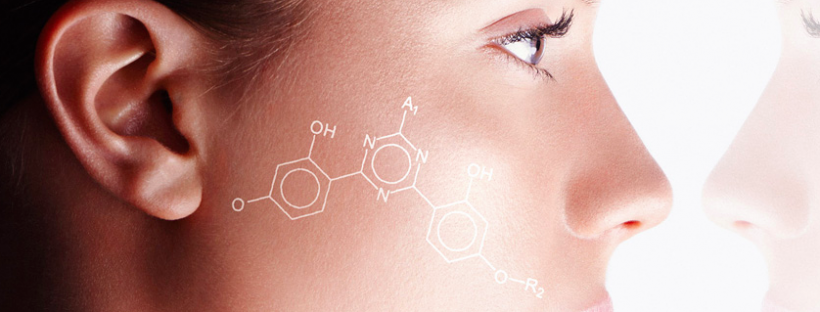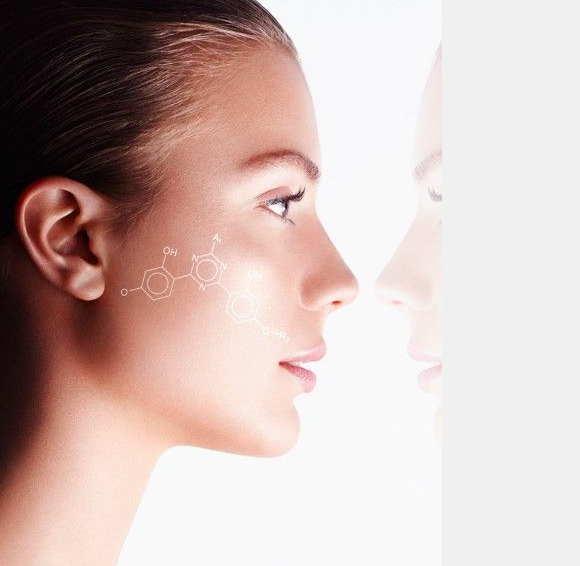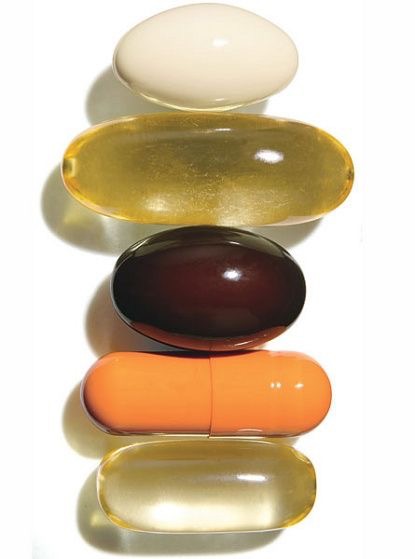The Greeks have been getting a bum rap of late. I may not engage them for financial advice but when it comes to Souvlaki, Zorba the Greek and Demis Roussos, no one does it better!
They also gave us ‘Kolla’ the Greek word for glue which gives Collagen it’s name.
Recently my social media feeds have been inundated with manufacturers of nutritional and cosmetic products marketing collagen supplements with claims of ‘healthier, younger skin, hair and nails’, #antiaging #beauty.
These expensive products are flying off the shelves in the same time it takes to whip out that plastic and pay wave!
In a previous blog ‘Hope in a Jar’ I discuss the large molecular size of collagen preventing it being absorbed by the skin. This means any topical application of collagen stays exactly where it’s applied; on the skin until it’s either rubbed or washed off! Whilst it can’t be absorbed by the skin, what about in the intestine?
Skin School!
Collagen is a protein made up of amino acids which helps give structure to the skin. Collagen makes up 30% of our body’s protein content and is found not only in skin but in bones, tendons and muscles.
Collagen together with elastin and keratin provide a strong elastic envelope for our bodies but as we age we see a slowing of metabolic processes including the synthesis of collagen. This decrease in collagen creates a loss of elasticity and firmness resulting in fine lines and wrinkles.
Fact….
Commensurate with an increase in age is a decline in collagen with a rate of 1% per year for women; this means by the time we reach 50 we’ve already lost 50% of our natural collagen.
Our environment plays a significant role in maintaining our collagen deposition. Stresses such as sun exposure, nutrition and pollutants all hastening the degradation of our collagen levels contributing to fine lines, sagging skin and loss of elasticity.
‘I am too much of a sceptic to deny the possibility of anything’–Thomas Henry Huxley
I, like a lot of consumers are sceptical (another Greek gift) as to, if any, the benefits of including supplemental collagen in our diets. Can drinking or eating hydrolysed collagen in addition to our normal dietary intake of protein, accelerate collagen synthesis within our bodies, enough to see a change in our skins? This is the hope of many consumers.
With an open mind, a capsule of scepticism and access to a medical library I’m ‘Sherlocking’ for some evidence-based studies in support of this #antiagingmiracle !
The premise of the manufacturers is these expensive collagen supplements are absorbed and broken down in the gut,transported via the bloodstream to the cells where they are used to synthesis collagen = bioavailability.
‘Bio availability is the degree to which a drug or other substance becomes available to the target tissue after administration.’
What are they?
Hydrolysed collagen forms the basis of the supplements and is created via the decomposition of collagen by a reaction with water molecules.
Collagen supplements are marketed in either tablet or powder, derived from the cartilage or scales from either marine or bovine sources and includes various combinations of vitamins and minerals. Vitamins C is often used as it is a cofactor in the synthesis of collagen and also for it’s anti-oxidant properties, The hydroxylation process breaks down the protein into amino acids which can be reassembled and used by the body.
Almost convinced but….
As often happens with skin care it’s difficult to find studies, without bias, supporting the claims of collagen supplement manufacturers.
I found a recent 2014 study suggesting ‘Pure Gold Collagen can turn back the hands of time’ with some convincing results, however this study was engaged by Minerva, the manufacturer of the supplement. The study suggests the increase in collagen is due to its ability to inhibit degradation of existing collagen whilst promoting new collagen –resulting in increased density.
Other studies have not been so favourable, questioning the bioavailability of supplements when compared to a diet rich in the nine amino acids needed by the body to synthesis collagen.
Side effects –
I was a little disappointed to learn there is little evidence supporting collagen supplements and their marketed role in anti-aging. I’ve learnt a more affordable, efficacious and healthier source of amino acids needed for collagen synthesis, is a diet rich in animal products such as cheese fish eggs milk and poultry, save your money and head for the ‘Department of Youth’ at your local market…Alice Cooper had the answer all along!
Retinoids and sunscreen remain the gold stamp in anti-aging skincare. Their ability to retard the degradation of collagen whilst increasing collagen production is well supported in evidence-based studies.
Have you tried Collagen Supplements, I’d love to hear from you?












